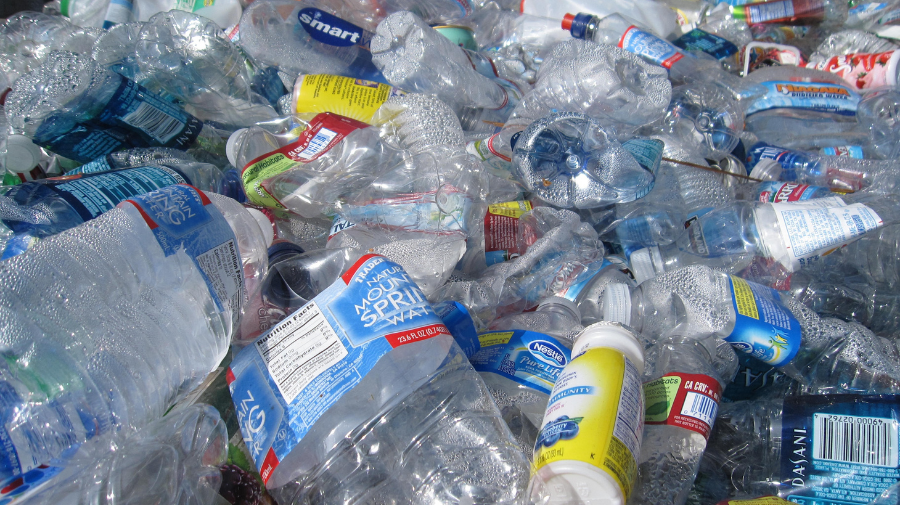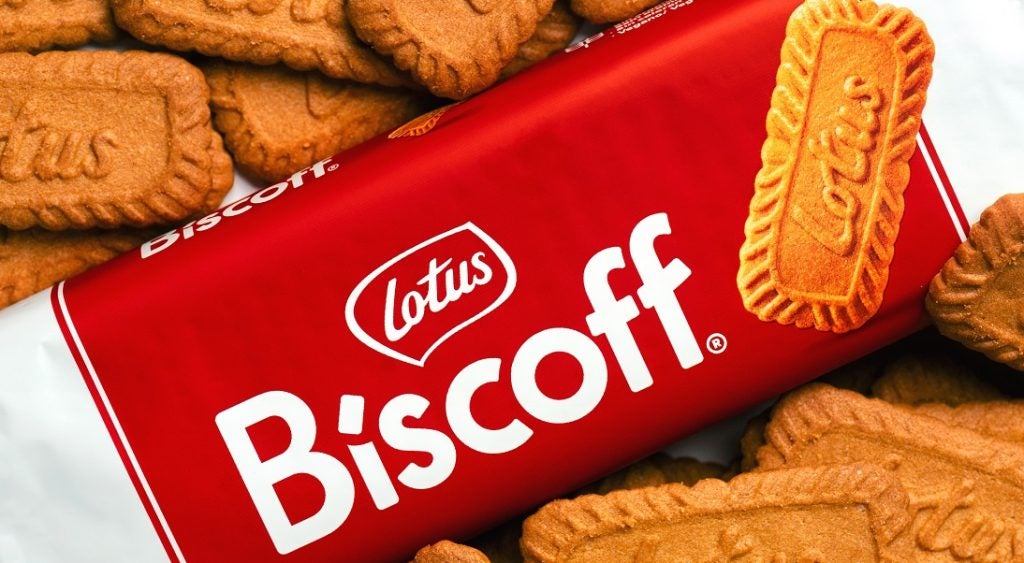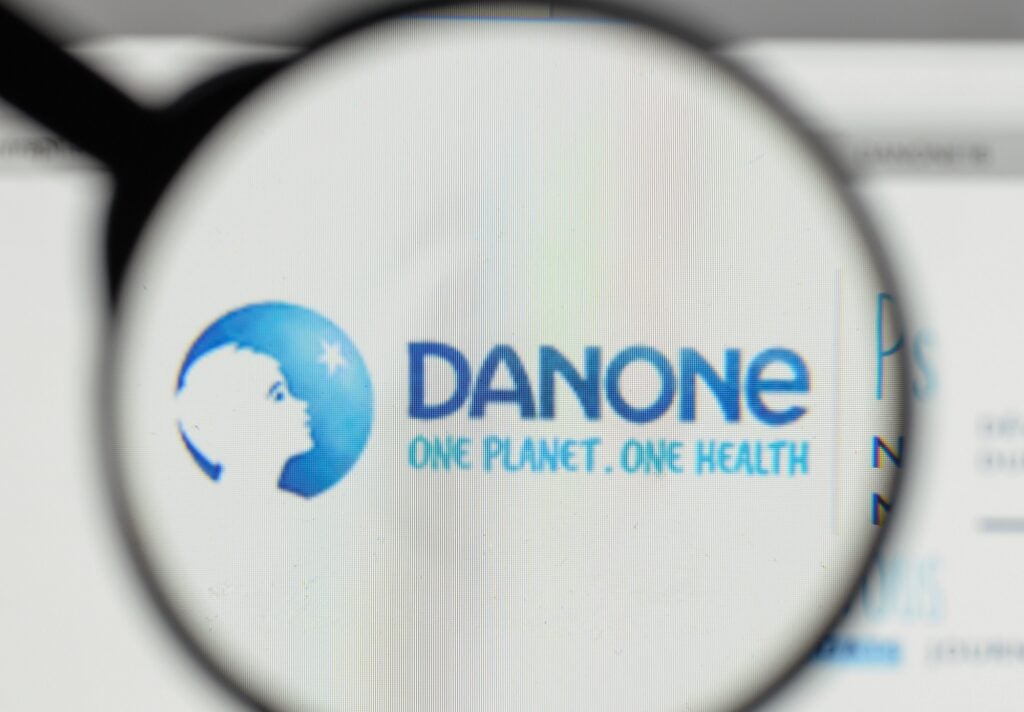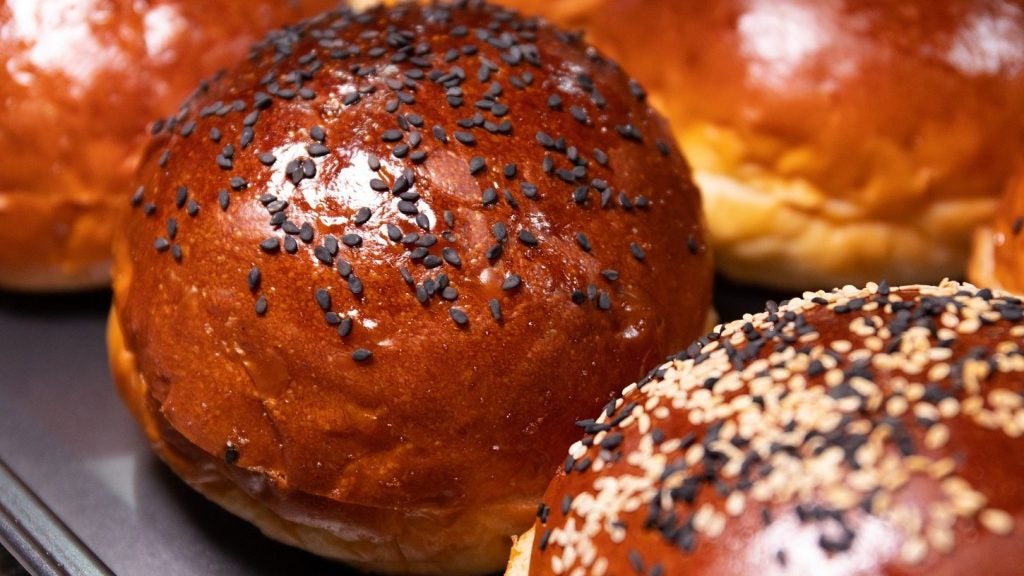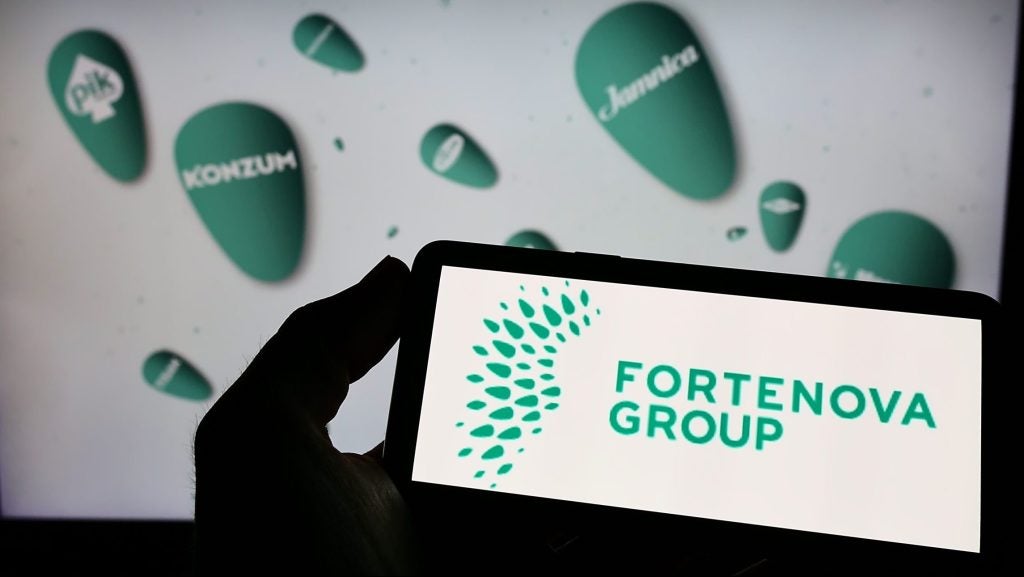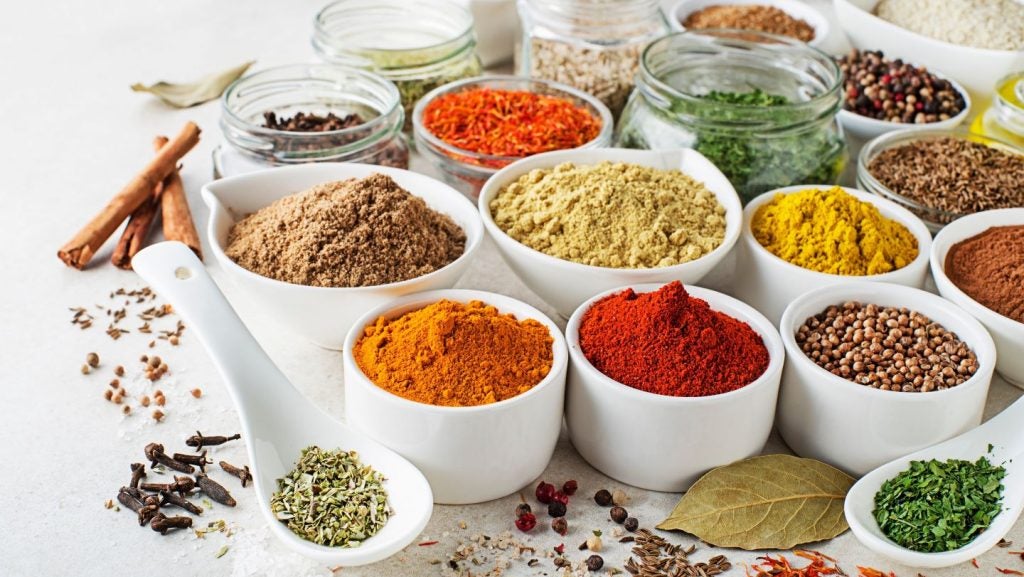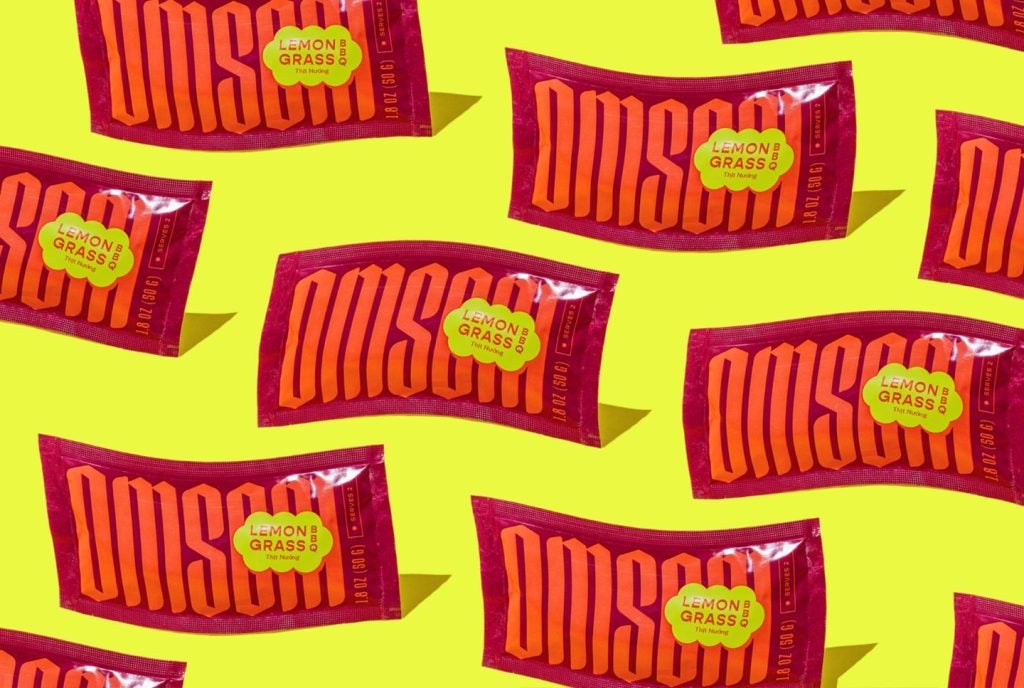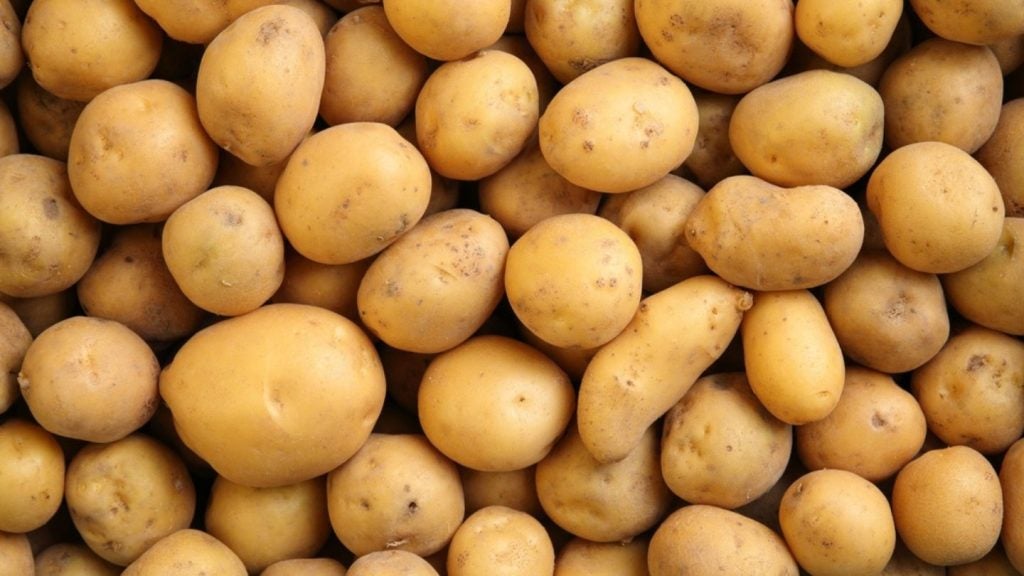The US Plastics Pact has updated its plan for companies to minimise plastic waste with Roadmap 2.0 as the targets remain unmet with only a year until their original deadline.
First announced in 2020, the Pact set 2025 as its target. It covered defining problematic packaging, ensuring 100% of plastic packaging is reusable, recyclable and compostable, and achieving an average of 30% recycled content or responsibly sourced, bio-based content.
Its signatories, including major corporations such as The Coca-Cola Co., Nestlé and Kraft Heinz, now have until 2030 to achieve these goals, described by US Plastics Pact as an “evolution”.
A new goal focuses on the development of reusable packaging but with no specified numbers. Meanwhile, “problematic and unnecessary items” are set for elimination by 2026.
By the end of 2022, the last year for which data is available, participants’ numbers for hitting 100% reusable, recyclable and compostable packaging remained below 50% from an original baseline of 37%.
Roadmap 2.0 begins on 1 January 2026. Plastic Pact executive director Emily Tipaldo said: “The current reliance on virgin plastics is unsustainable. Roadmap 2.0 aims to make a tangible difference by changing how we design, use and reuse plastics. The focus is on practical, achievable steps companies can take to contribute to a circular economy.
“Roadmap 2.0 is not just a continuation; it’s an evolution. Our initial targets were intentionally ambitious to spark rapid change. With Roadmap 2.0, we’re taking what we have learned and succeeded to the next level, focusing on innovative solutions and addressing broader impacts. We are committed to working collaboratively with our activators and stakeholders to make these targets a reality.”
The US Plastics Pact continues to work as part of the Ellen MacArthur Foundation’s (EMF) Plastics Pact Network.
Last November, the UK-based EMF said greenhouse gas emissions could be reduced by 35% to 69% depending on the product type if there is a major shift in the way companies work together on packaging.
Earlier that month, EMF’s Global Commitment progress report once again revealed several FMCG giants are woefully behind on their 2025 sustainable plastic use targets.
Notable laggards included Mars, which increased its use of virgin plastic by 14% in 2022 compared to 2019, and PepsiCo, which used 10% more in 2022 compared to 2020. Beverage giant The Coca-Cola Company used 8% more virgin plastic packaging in 2022 compared to 2019.


